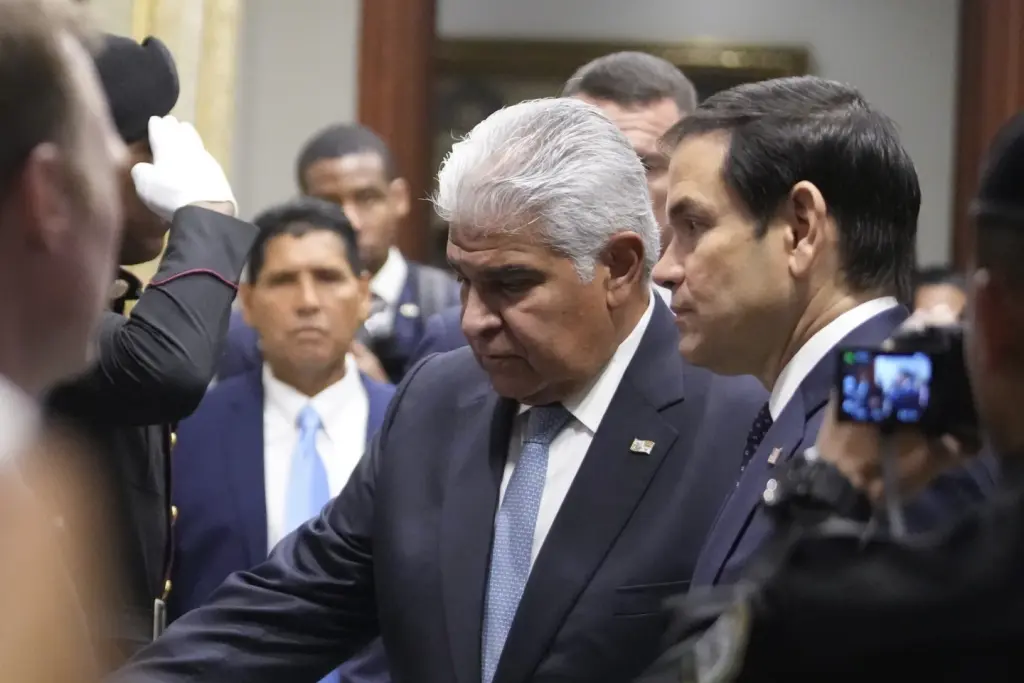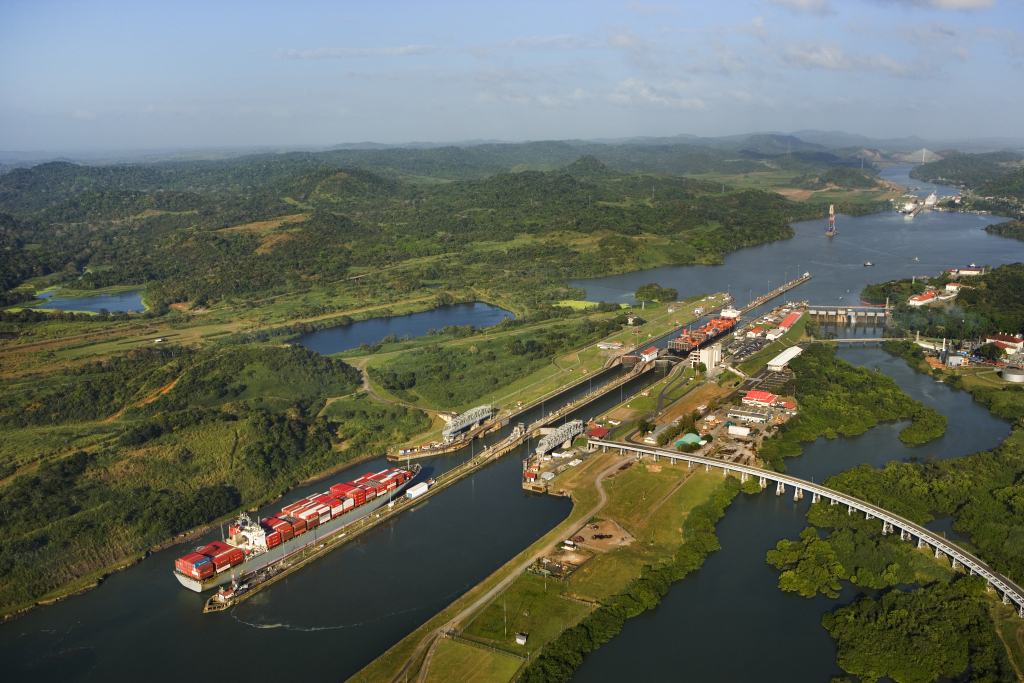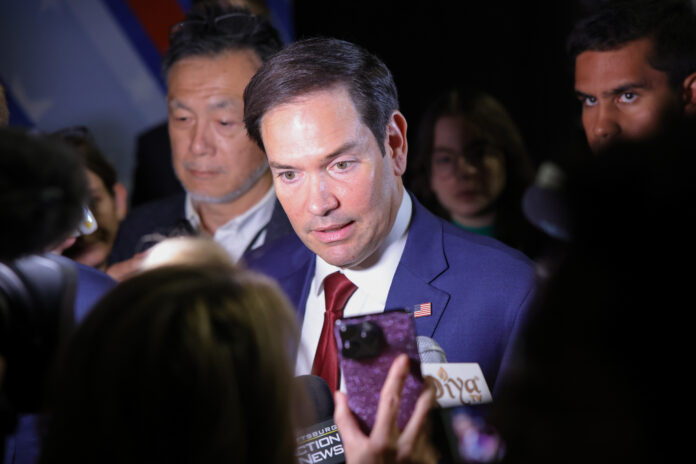U.S. Secretary of State Marco Rubio has warned Panama that it must curb Chinese influence over the Panama Canal or face potential U.S. action, escalating tensions over the strategic waterway.
During a meeting with Panamanian President José Raúl Mulino on Sunday, Rubio, speaking on behalf of President Donald Trump, stated that China’s growing control over port operations at both ends of the canal may violate the treaty that transferred control of the canal from the U.S. to Panama in 1999.
U.S. pressure on Panama

“Secretary Rubio made clear that this status quo is unacceptable and that absent immediate changes, it would require the United States to take measures necessary to protect its rights under the treaty,” the State Department said in a statement.
While Mulino denied any threats of military intervention, he acknowledged that concerns over China’s role are being addressed through an audit of the consortium controlling the canal’s key infrastructure. He also confirmed that Panama would not renew its Belt and Road Initiative agreement with China, signaling a shift in its economic ties with Beijing.
Despite the diplomatic tensions, protests erupted in Panama City, with demonstrators burning images of Trump and Rubio while chanting in support of national sovereignty.
Strategic importance of the canal

The Panama Canal remains a critical global shipping route, and China’s investment in its infrastructure has long raised concerns in Washington. The Hong Kong-based Hutchison Ports company currently holds a 25-year no-bid extension to operate the ports, a deal now under scrutiny as Panama considers a rebidding process.
While some believe Panama may compromise by transferring control to a U.S. or European company, it remains unclear whether this would satisfy Trump’s broader demands, which could extend beyond port operations.
Next steps
Rubio is set to continue his tour of Latin America, visiting El Salvador, Costa Rica, Guatemala, and the Dominican Republic amid a U.S. foreign aid freeze. The outcome of these discussions could shape the future of U.S.-Panama relations, as well as the strategic balance of power in the region.




